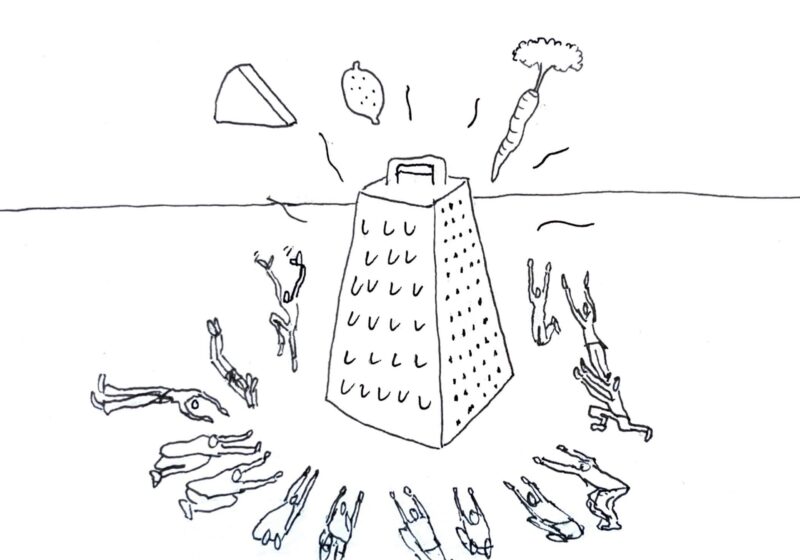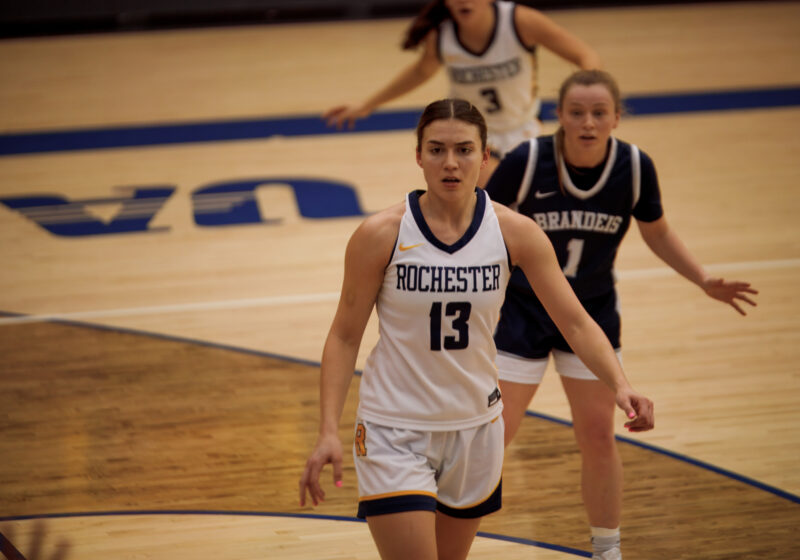Twenty-two UR students have recently received pre-litigation letters from the Recording Industry Association of America due to their high amounts of illegally downloaded music.
Despite being ranked in the top 25 schools to illegally download movies by the Motion Picture Association of America, UR is not alone in the list of 22 schools that now have received letters addressed to their students.
According to the RIAA Web site, on April 11, the RIAA sent a grand total of 413 pre-litigation letters, on behalf of the major recording companies, to 22 universities, including such schools as Brown University, University of Massachusetts-Amherst, University of Pennsylvania and Cornell University. Ohio University had the highest number of students alerted – 50 letters were sent out.
President of RIAA Cary Sherman commented on the current situation in a press release on the RIAA Web site.
“Because we know that some audiences – particularly campus music downloaders – can sometimes be impervious to even the most compelling educational messages or legal alternatives, these new efforts aim to help students recognize that the consequences for illegal downloading are more real than ever before,” Sherman said.
In accordance with standard UR procedure, students found to be illegally downloading music were warned at least three times. With the first notice from Information Technology Center came a stipulation that the student must delete their illegally downloaded music within 72 hours and consequently inform ITC after the fact. The second notice was similar to the first. However, on the third warning, students had to meet with Associate Dean of Students Matthew Burns and perform community restitution, such as at ITC.
“As far as I’m concerned, we are doing as much as or more than any reasonable institution,” Burns said. He also noted that UR does not monitor the network for downloading and that most institutions follow this principle.
The RIAA situation at UR has developed in the same manner as that of other universities. Pre-litigation notices were sent to UR from the RIAA with the IP addresses of the 22 offenders enclosed. UR was then instructed to send out the letters to the proper students since the RIAA does not have access to the names of students associated with specific IP addresses.
The students then had to respond to the RIAA, according to the letter. The two choices offered to students in the letter are that of paying a settlement, around $3,000, or having the RIAA file a lawsuit against the student. If the students neglected to respond to the letter, the RIAA can subpoena UR, who would then be forced to give the names of the students in court.
“We hope that university administrators recognize the beneficial role they will play here – most immediately, by helping avert a lawsuit against a student, but better yet, by demonstrating the leadership that helps teach students right from wrong and by implementing the technological tools that prevent piracy from happening in the first place,” Sherman said in a press release on the RIAA Web site.
This set of letters is the third “wave” of a new endeavor by the RIAA that is meant to combat the illegal downloading of music. The first set of letters was sent out on Feb. 28 and the second set was sent out on March 21, each time to a variety of universities across the country.
The letters and new procedures are a result of the fact that, according to the RIAA Web site, the “nature and understanding of online music theft have changed dramatically since the RIAA first launched its individual user lawsuits in the fall of 2003.”
In the spring of 2006, Student Monitor surveyed college students and received results in line with the recent actions of the RIAA. The survey found that over half of college students download both music and movies illegally. Another survey, performed by the market research firm NPD, determined that more than two-thirds of all surveyed students’ music was obtained illegally.
“The question we ask of students is this: with high-quality legal music options available for free or deeply discounted, why take the twin risks of exposing your computer to viruses or spyware by downloading from an illegal site or exposing yourself to a costly lawsuit?” General Counsel and Executive Vice President of RIAA Steven Marks said in a press release on the RIAA Web site.
Halusic is a member of the class of 2010.



